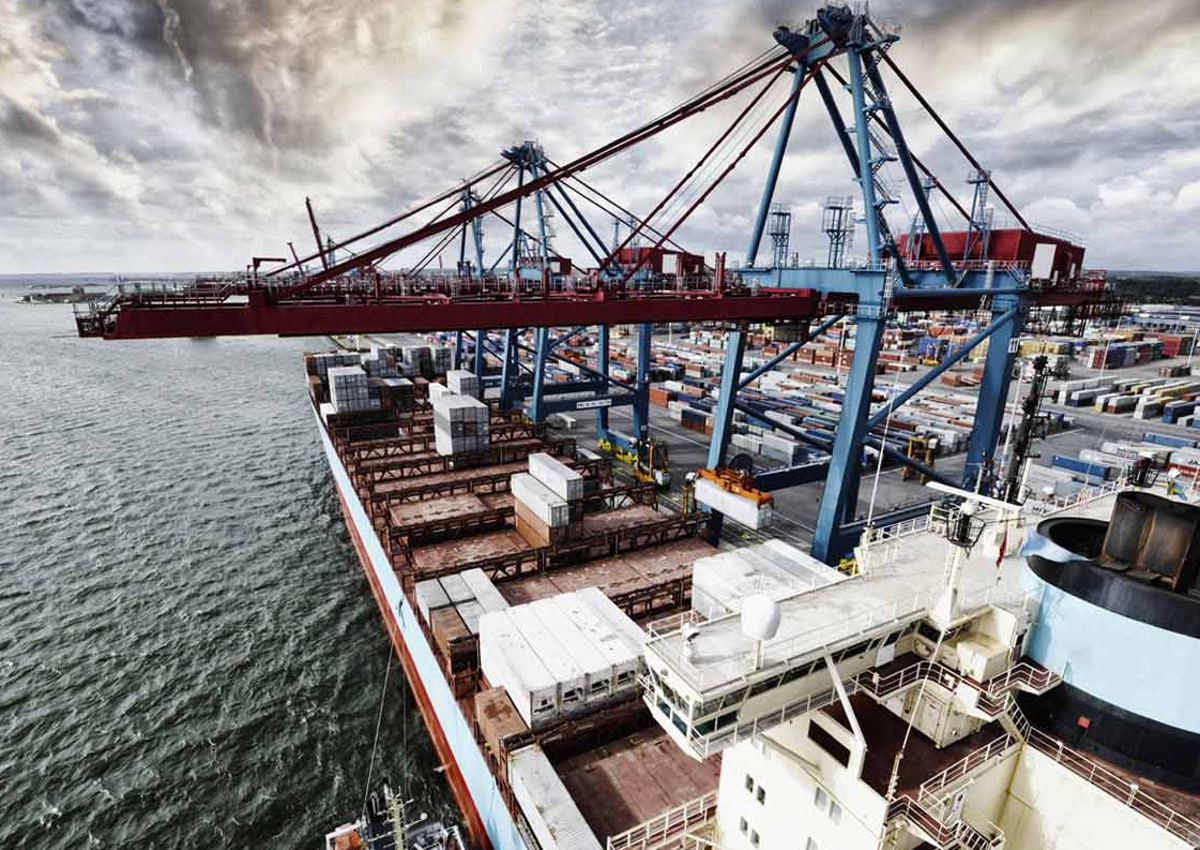
Italian food in the world has set another all-time record, with exports exceeding 2.5 billion euros for the first time in January 2018 due to a 12.8% increase compared to the same period of 2017. This is what emerges from an analysis by Coldiretti (on Istat data) on foreign trade in 2018. This is an excellent result for Italian food export sales, confirming the potential of Made in Italy for the economic and employment recovery of the country. Almost two thirds of food exports go to the EU countries, where Italian food is growing by 12.6%, while relations with the United States – which are by far the most important market for Italian food outside the EU – are affected by the tug-of-war on trade tariffs between Trump and the rest of the world.
Italian food in the world
This situation is made even more worrying by the fact that the USA is the third most important market for Italian food overall, after Germany and France and before the UK. While in Germany, in January 2018, Italian food exports grew by 10.7% to 399 million euros over the same period in 2017, in France there was an 18.4% jump. In contrast to the double-digit progress of other European countries, concerns about Brexit in the UK have stopped the increase to 4.1%. In the United States, growth was 11.9% with over 286 million euros in value, while a real boom of 35.2% was recorded in Japan, where there are still great opportunities for Made in Italy food products as well as in China (+9.6%) and in Russia (+23.2%). Exports to the latter are still limited by the embargo on a list of products from all over the European Union, such as fruit and vegetables, cheese, meat, cold cuts, and fish.
Fighting counterfeiting
Made in Italy products’ sales on international markets could rise even further with a more effective protection against international agri-food piracy. In fact, it earns over 60 billion euros improperly using words, colors, locations, images, denominations and recipes that refer to Italy for counterfeit products that have nothing to do with our country, the president of Coldiretti Roberto Moncalvo said.
